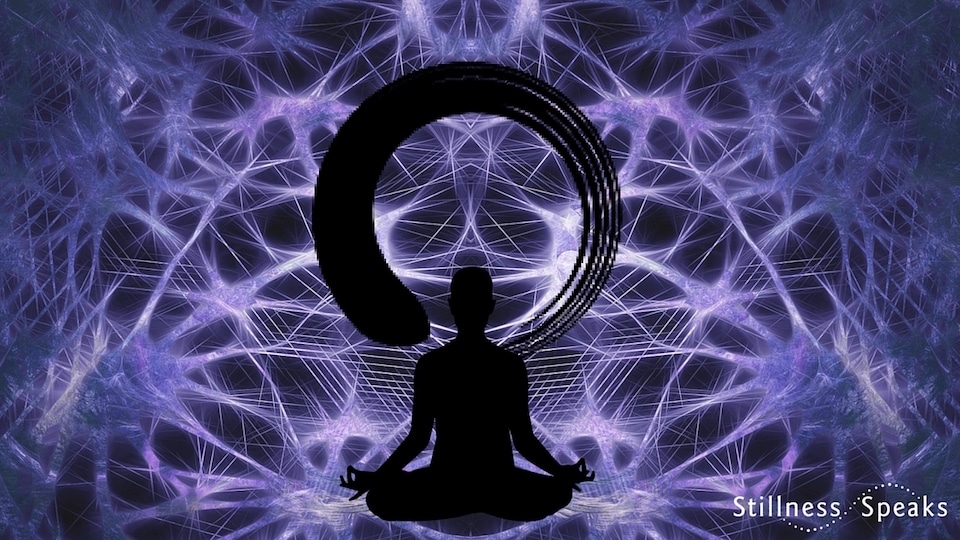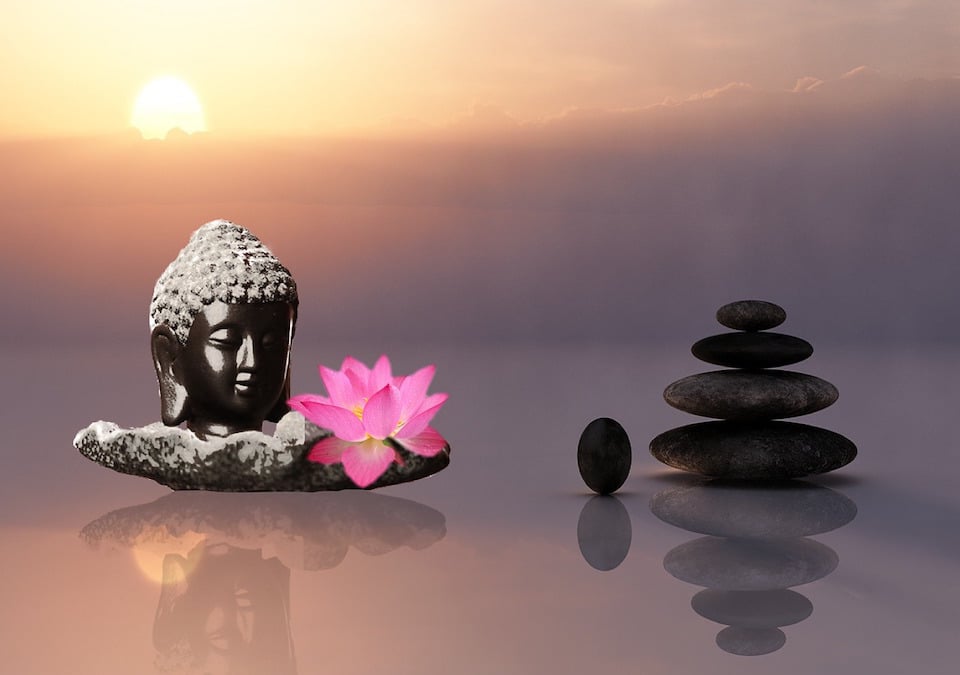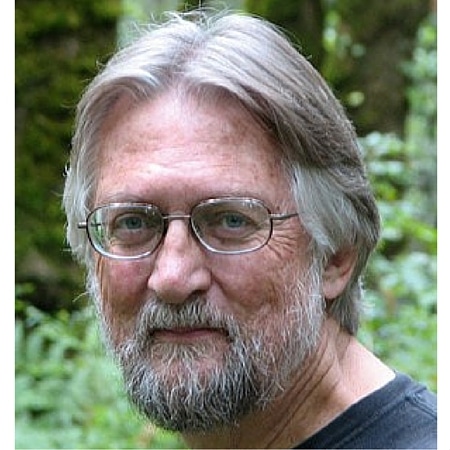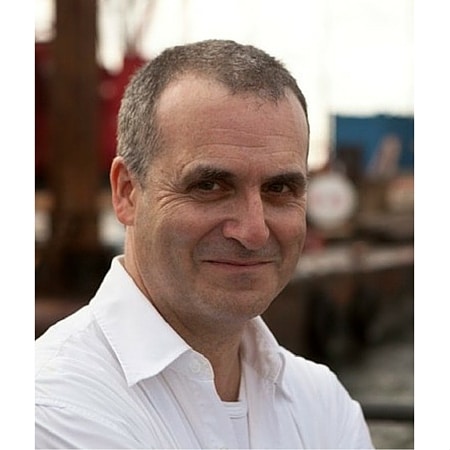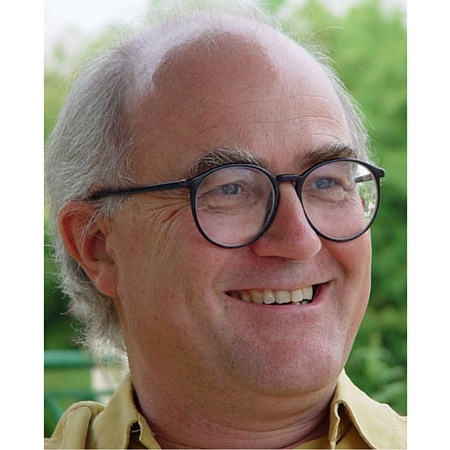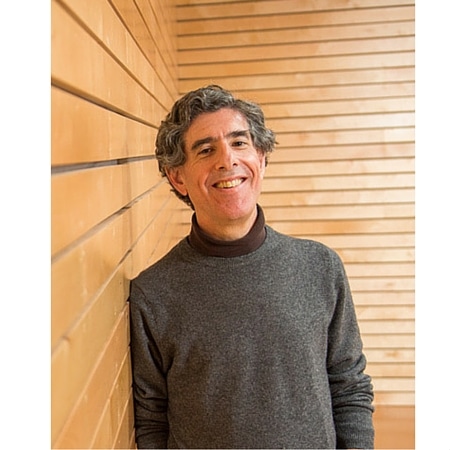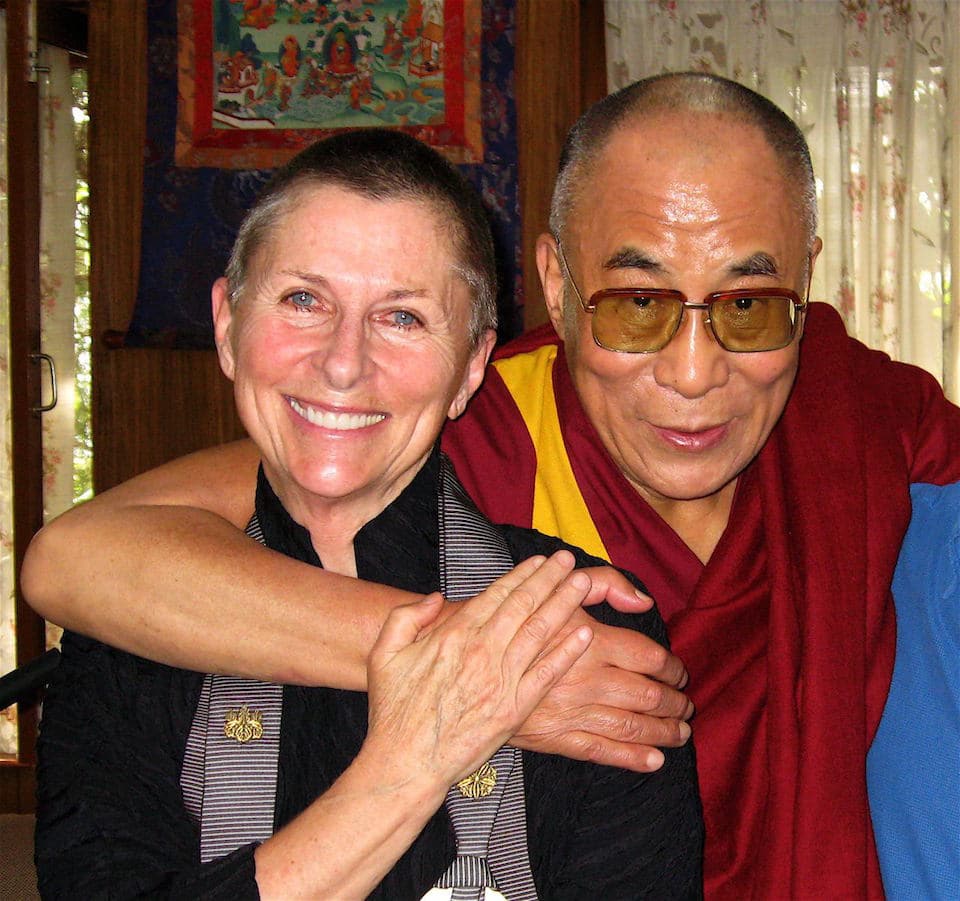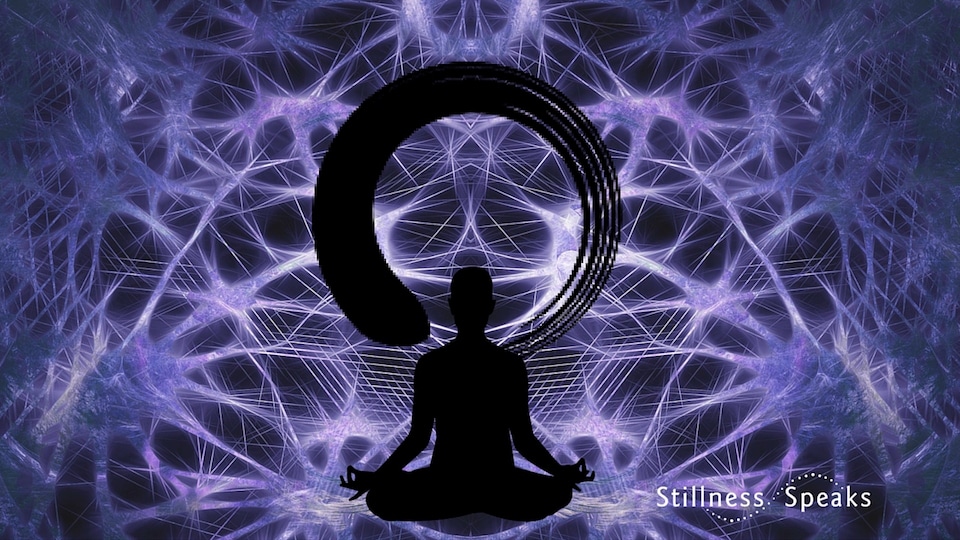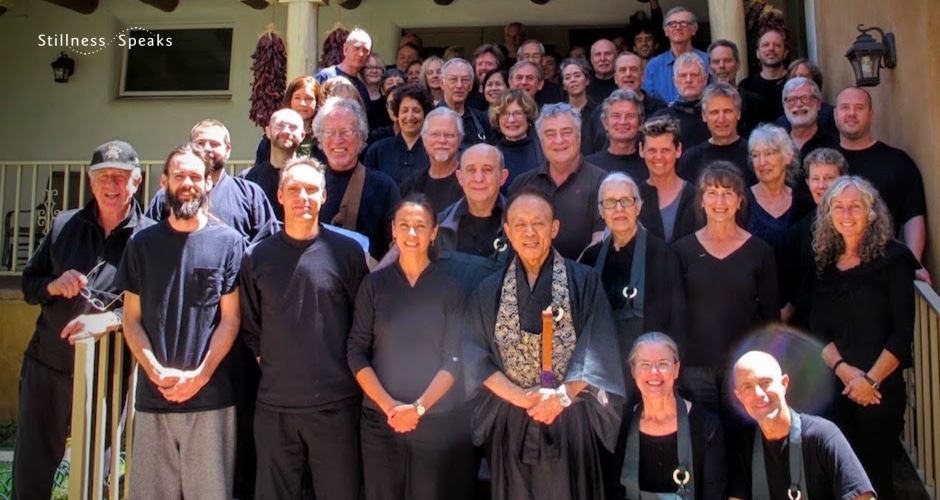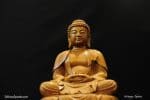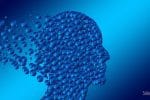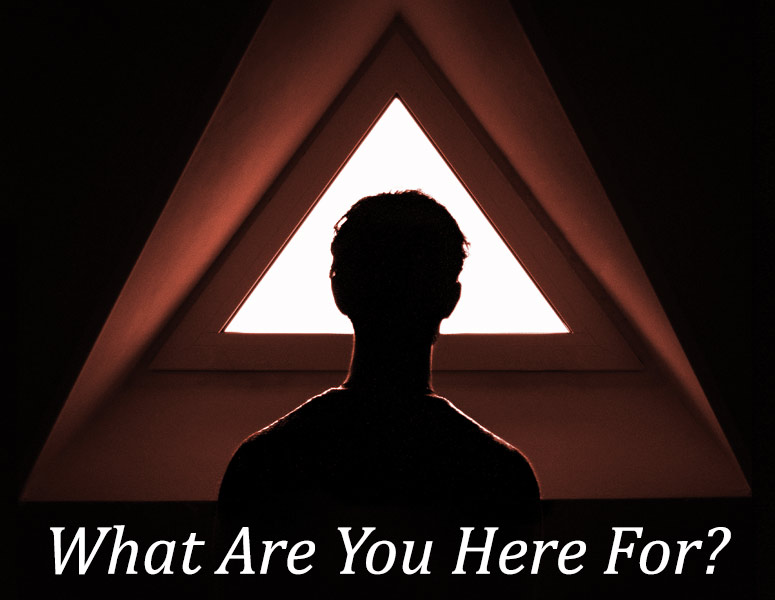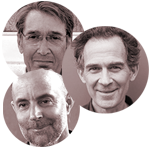“At the core of Zen practice lies an intention to develop the ability to rest our attention in the broad field of conscious awareness and to observe the mental continuum without grasping, aversion, or judgment.” In doing so, we can begin to examine the enormous range and subtlety of the mysterious phenomenon that we call “consciousness.” ~ Upaya Zen Center
We are seeing an explosion of innovation and groundbreaking thinking in technology and science but thankfully also in the exploration of consciousness and human development, e.g., meditation, mindfulness, compassion, and the intersection of science and consciousness. Such explorations have also entered the arena of self discovery, particularly Zen & Buddhism.
In recent years there is emerging research about Zen and its intersection with Neuroscience and related fields.
Founded by Zen Priest and Buddhist Teacher, Roshi Joan Halifax, Upaya Zen Center is committed to clarifying and deepening wisdom and compassion in the journey of transformation – both personal and social.
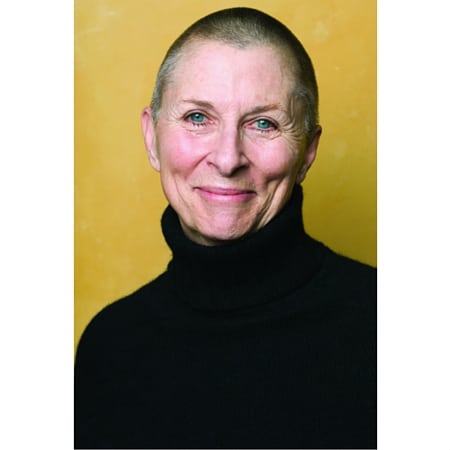
August 20, 2016 UPDATE: Roshi Joan’s teacher page was added today. Some others in this Zen Brain faculty will be coming soon.
One of Upaya’s pioneering work is in the field Zen and Neuroscience. Upaya has been offering a groundbreaking retreat, for the last several years, titled Zen Brain where leading voices in Neuroscience, Neurology, Psychology and Cognitive Science, Psychiatry, Buddhist philosophy, Consciousness studies, Neuropsychology, and other related fields come together with Buddhist teachers and practitioners to explore this emerging and fascinating “zen and neuro-mindscape.”
“At the core of Zen practice lies an intention to develop the ability to rest our attention in the broad field of conscious awareness and to observe the mental continuum without grasping, aversion, or judgment.” In doing so, we can begin to examine the enormous range and subtlety of the mysterious phenomenon that we call “consciousness.”
That is the opening summary of one these fascinating retreats where neuroscientists, a philosopher, Buddhist scholars & teachers explore the intersection of “… what philosophy, science, Buddhist scholarship, and meditation practice have contributed to our understanding of the variations of consciousness from waking to dreaming and the states that unfold in the process of dying.”
In Part 1, Roshi Joan raises the framing question for the retreat faculty: “… Why is it important to explore the nature of consciousness at this point in time.”
In Part 2, Dr. Al Kaszniak “… takes listeners through some of the ways that cognitive science and neuroscience have approached the study of consciousness.”
Part 3, is a panel discussion where the faculty answers guest questions like “… difference between awareness and consciousness, is unconscious created externally, long term meditation and pain response, historical use of term consciousness.”
In Part 4, Dr. Evan Thompson “… takes the listener on a cross-cultural fusion, neuro-phenomenology journey. He weaves Buddhist ideas from the Abhidharma, with work on the cognitive neuroscience of consciousness.”
In Part 5, the Zen Brain faculty fields questions regarding “… “out of body” experiences, embodiment and direct experience, Indian writings on interoception, lucid dream states, consciousness as a layered phenomenon, the mind and life meeting held in monastery in India attended by 10000 monks, relationship between attention and consciousness.”
In Part 6, Stephen Batchelor examines two questions: “What was the Buddha trying to do? and How does consciousness fit in? …”
In Part 7, the Zen Brain faculty answers questions about “rebirth, fully knowing, mindful awareness, yoni awareness & Dogen, near death experience, store consciousness and memory.”
In Part 8, Dr. Richard Davidson explores “waking, sleeping, and dying” … he specifically focuses on “the intersection of Neuroscience and contemplative practice” … and he covers “… particular phenomena of contemplative practice that are currently being investigated by neuroscientists … “ including “… recent findings of this exciting work.”
In Part 9, the faculty addresses questions about “the scientific and subjective significance of near death experience and the continuity of consciousness after death.” … also Richard comments on his measured “differences between different styles of meditation” and “the implications of contemplative science in the health care fields.”
The faculty also addresses many questions including “… how meditation has affected their own “death anxiety;” the impact of modern communication devices on our mind and brain; how to understand the Buddhist concept of emptiness; how scientists investigate the transformation of practitioners ethical behavior.”
In Part 10, the faculty shares their reflections on “their own personal way of coming to grips with what has been talked about during these days.”
In the final part, the participants reflect on “what they are taking from this time, what is most relevant to them, what are the implications for what they do and what does all this have to do with practice.”
The italicized quoted texts have been taken from Parts 1 through 10B of Upaya’s post titled: ZEN BRAIN: EXPLORING CONSCIOUSNESS: Waking, Sleeping, Dreaming, Dying Series: All 11 Parts.
1st Image in Post: Composite of 1) Abstract by Activedia, CC0 Public Domain, 2) Lotus position, By Bryan Helfrich, Alias52, CC BY-SA 3.0, via Wikimedia Commons, 3) Enso: By Kendrick Shaw (Own work), CC0 Public Domain, via Wikimedia Commons.
2nd Image (after Joan Halifax and before AL Kaszniak): Zen Balance, by sciencefreak, CC0 Public Domain.
Zen Brain Faculty Images: Roshi Joan Halifax, Al Kaszniak, Evan Thompson, Stephen Batchelor, Richard Davidson – actual attribution details are pending.
